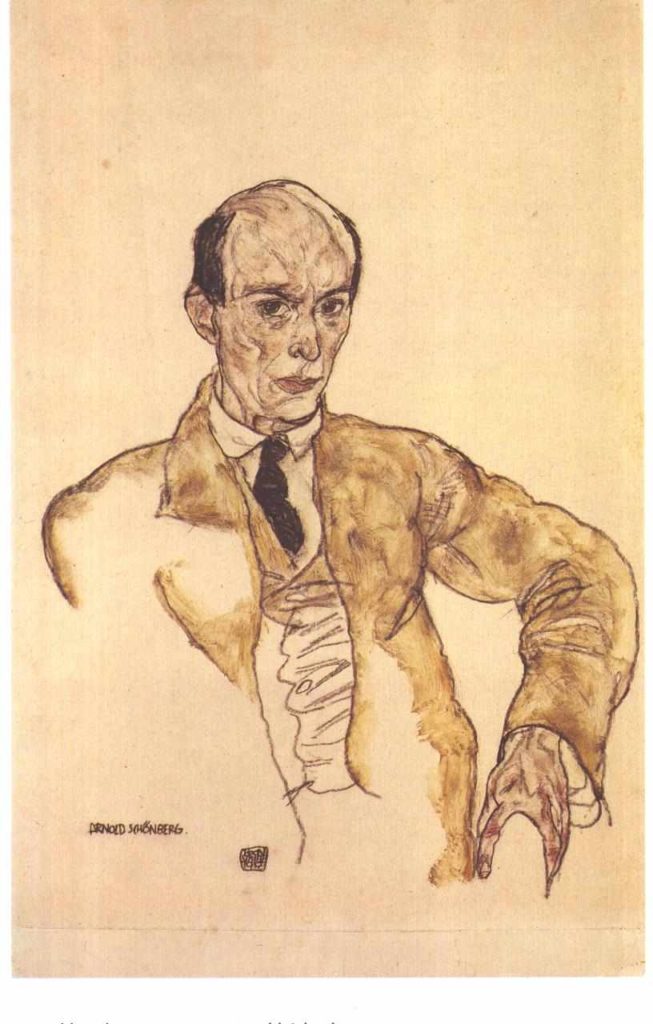Schoenberg, Verklärte Nacht (Transfigured Night)

This is Andrew Pudewa‘s challenge. Professor Carol and I were having dinner with Andrew recently when the subject of Arnold Schoenberg (1874-1951) came up. Now, not everybody is a fan of Schoenberg. Those of us in classical education who have a particular interest in the pursuit of beauty have some justification for holding ambiguous, sometimes uncharitable, views of certain 20th-century music. And Schoenberg gets the blame for one of the more significant rejections of tonality.
But the century was not a total loss. Composers produced incredible and, yes, beautiful music even when pushing the limits of tradition. I can think of too many examples to start listing them. I look for ways to feature those works here, but performances are less abundant and often not free of copyright restrictions.
So, in the midst of this dinner, Andrew received from Carol a challenge (I think that’s the best term) to reconsider Schoenberg’s music in the light of Verklärte Nacht. Andrew, who trained as a musician and spent many years teaching violin, willingly took up the challenge. And I have decided to extend the same challenge to my readers here. If you have preconceptions about Schoenberg’s music, throw them out and start with a clean slate.
My major professor for composition was an avid fan of Schoenberg. Schoenberg developed his twelve-tone technique, the object of the most criticism, in the 1920s, only after first establishing his bona fides as a Romanticist. My composition teacher would argue (with considerable evidence) that he remained a Romanticist throughout his life. Schoenberg himself would make that argument.
Verklärte Nacht, opus 4, written in 1899 when the composer was 25, falls squarely in Schoenberg’s early period. It is lyrical, expressive, dramatic, and something you probably would not identify as Schoenberg’s music if you only read his bad press. Works such as Verklärte Nacht gained the respect and admiration of other late Viennese Romanticists like Mahler and Richard Strauss.
As always, you should listen to any work multiple times, but you should have no trouble finding the beauty in this work on the first hearing.



